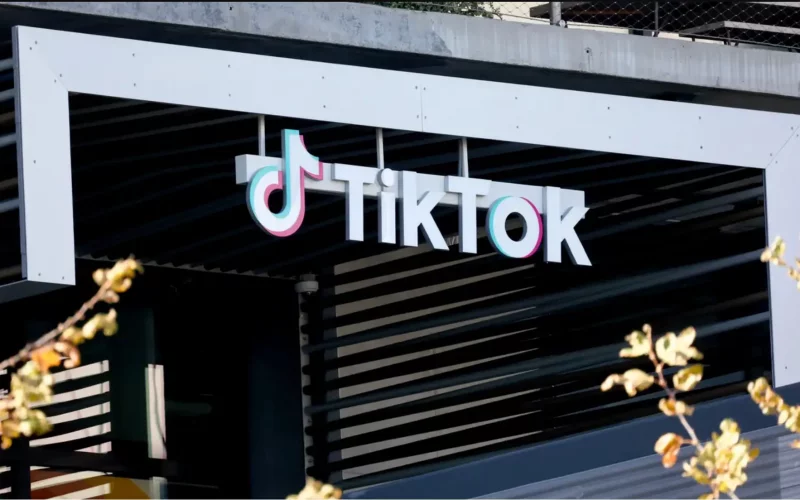The State of Utah on Tuesday sued TikTok, accusing the social media company of intentionally promoting a “addictive and unhealthy” digital experience for its youngest users and fueling a mental health crisis, the Epoch Times reported on Tuesday.
The lawsuit, which was filed in a court in Salt Lake City, alleges that the Chinese-owned company exploited children into “checking and watching the app compulsively” while keeping them ignorant of the negative effects the app could have on their mental health, physical development, and other aspects of their lives.
“TikTok intentionally designed and deployed an addictive product to bring itself financial gain by monetizing the attention of young users,” the state wrote in the complaint. It compared the platform’s algorithm-driven, personalized “short-form” video feed to slot machines at casinos.
“Like a slot machine, users ‘swipe down’ on the app to load more videos continuously, each new video requiring only a small investment of their time, and the user is excited for each new video by the possibility that it might be incredibly rewarding,” it added. “This pattern keeps users engaged, constantly anticipating that dopamine rush.”
The state argued that this compulsive, prolonged use of the TikTok app could have “extremely dangerous” effects on the development of children, particularly those in the process of transitioning from childhood to maturity.
“TikTok knows harms children, including in Utah, is an unconscionable business practice,” the complaint stated. “TikTok also misrepresents that its app is safe for use, when it knows it is not.”
The state also objected to TitTok’s efforts to minimize its relationship with its parent company, ByteDance.
As a Beijing-based corporation, ByteDance is subject to Chinese law, which requires tech companies to provide user data to the Chinese government.
“TikTok is, at most, a nominally separate corporate entity. It is unable to operate independently from ByteDance, which continues to house TikTok’s HR department and in-house legal department,” the state argued. “TikTok also continues to rely on access to ByteDance’s resources, expertise, and code to operate.”
Utah has filed a lawsuit against appropriate Agencies Inc. In addition, it is asking the court to impose a minimum $300,000 fine, as well as $300,000 in restitution and damages.
During a press conference to announce the lawsuit, Utah Attorney General Sean Reyes stated that the state is not motivated by money.
“My top priority is protecting our children in Utah,” Reyes said. “I’m tired of TikTok lying to Utah parents. I’m tired of our kids losing their innocence and even their lives addicted to the dark side of social media. TikTok will only change if put at legal risk—and ‘at risk’ is where they have left our youth in exchange for profit and greed.”
According to Reyes, Utah has the nation’s highest proportion of minors per capita. More than a quarter (27.6 percent) of the population in the Beehive State are under the age of eighteen.
Similar to many other states, Utah’s younger residents’ mental health has declined in recent years. In 2023, more than three-quarters (76.7%) of middle- and high-school-aged Utahns reported depressive symptoms, and nearly one-third (32.3%) of students reported persistent sadness or hopelessness.
According to the most recent analysis conducted by the Utah Department of Public Health, approximately 17.6% of all students seriously considered attempting suicide this year, while 19.8% of students reported intentional self-harm, such as cutting or burning themselves.
Regarding the lawsuit, TikTok did not respond to a request for comment.
Hundreds of public school districts from across the country joined forces on Tuesday to sue TikTok, Snapchat, and Meta, the owner of Facebook and Instagram, for their role in the “unprecedented mental health crisis” among adolescents.
According to a report from The Wall Street Journal, these cases have been consolidated before a federal district court in Oakland, California.
Social media platforms such as Facebook and TikTok are shielded from liability for user-generated content by Section 230 of the Communications Decency Act, which generally shields websites from liability. After a New York court held a web service provider liable for offensive messages posted to a bulletin board it hosted, Congress enacted the law in 1996.
However, the institutions argued that Section 230 does not apply in this instance. According to the Journal, the reasoning is that social media companies have created “an addictive product that pushes destructive content to youth,” and unlike content, a product is not protected by Section 230.

